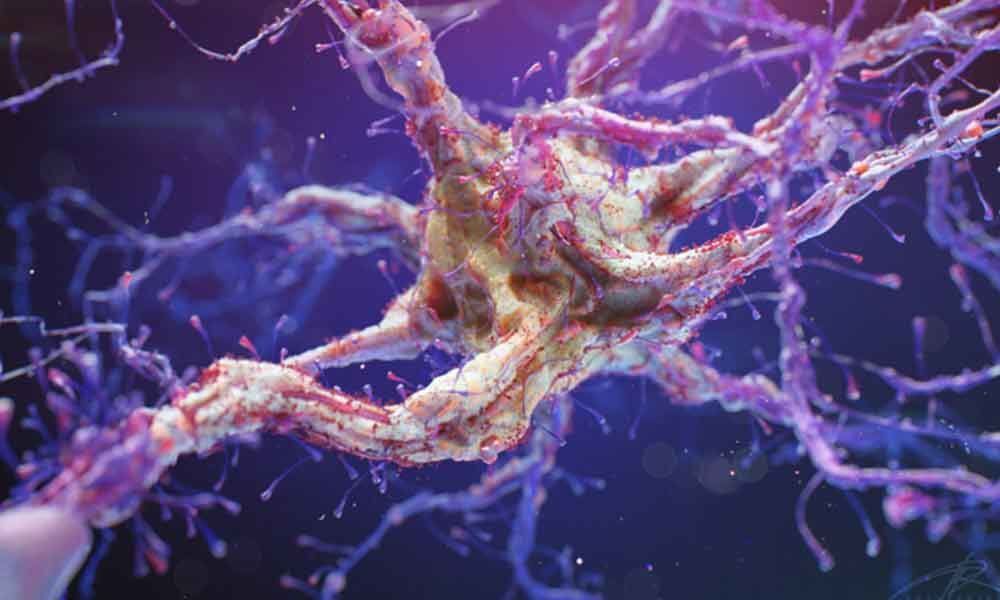This new drug can prevent Alzheimer's

Researchers find new drug to prevent neuronal deaths.
Washington: A team of scientists has found a new drug that may prevent neuronal death through glucose metabolism modification in stressed neurons. The trials conducted on mice are rather promising for future use in humans. The new drug can be advantageous in neurological conditions ranging from Amyotrophic lateral sclerosis, Alzheimer's, and Huntington's diseases to traumatic brain injury and ischemic stroke.
The findings were published in the journal 'Scientific Reports'. According to WHO, stroke is the second most common cause of mortality, and more than a third of people who have survived a stroke will have a severe disability. As the population ages, many more millions are poised to develop Alzheimer's or Parkinson's diseases in the near future.
Glycolysis is generally considered as the metabolic pathway essential for cell survival since it meets cell energy needs in case of intensive energy consumption. However, it is already known that in the brain tissue, the situation is quite different - different cell types show distinct glucose metabolism patterns.
In neurons, only a small portion of glucose is consumed via the glycolysis pathway. At the same time, astrocytes provide nutrients to neurons and utilize glycolysis to metabolise glucose. These differences are mostly due to the special protein called PFKFB3, which is normally absent in neurons and is active in astrocytes.
In the case of certain neurological diseases, stroke being one of them, the amount of active PFKFB3 increases in neurons, which is highly stressful for these cells and leads to cell death. Researchers in the in vivo experiments confirmed that a small molecule, the inhibitor of PFKFB3, may prevent cell death in the case of ischemia injury.
Inhibition of PFKFB3 improves motor coordination of mice after stroke and reduced brain infarct volume. Moreover, PFKFB3 inhibitor protects neurons from the amyloid-beta peptide, the main component of the amyloid plaques found in the brains of Alzheimer's disease patients.
Professor Juan P. Bolanos, University of Salamanca said, "Excitotoxicity is a hallmark of various neurological diseases, stroke being one of them. Our group has previously established a link between this pathological condition and high activity of PFKFB3 enzyme in neurons, which leads to severe oxidative stress and neuronal death"
"These promising results bring hope to dozens of millions of patients suffering from life-threatening neurological diseases," mentioned Maksim Kholin, the Gero Discovery Co-Founder and Business Development Director.








